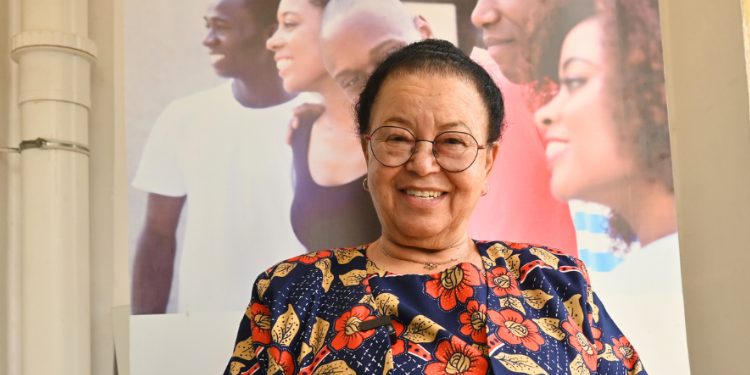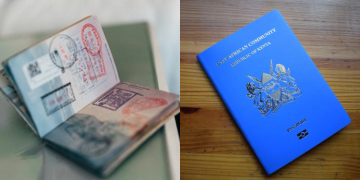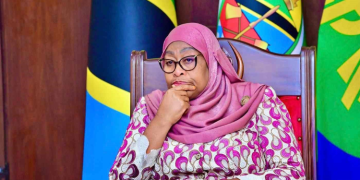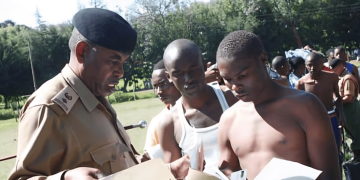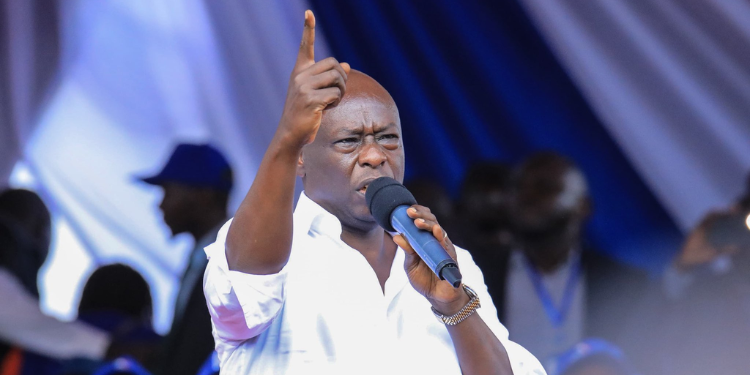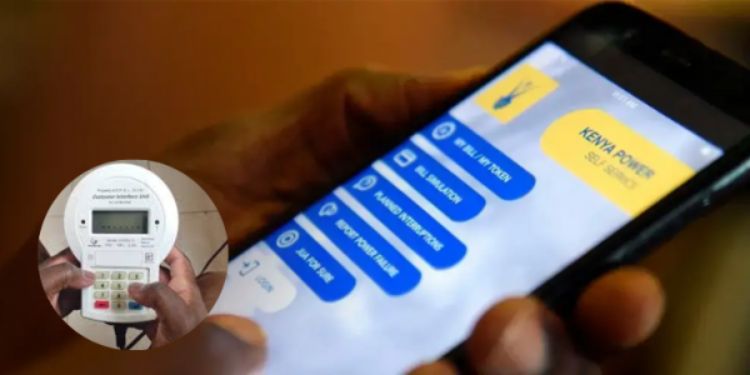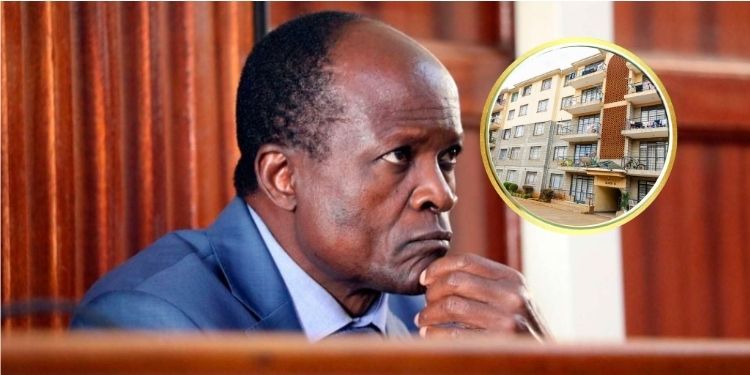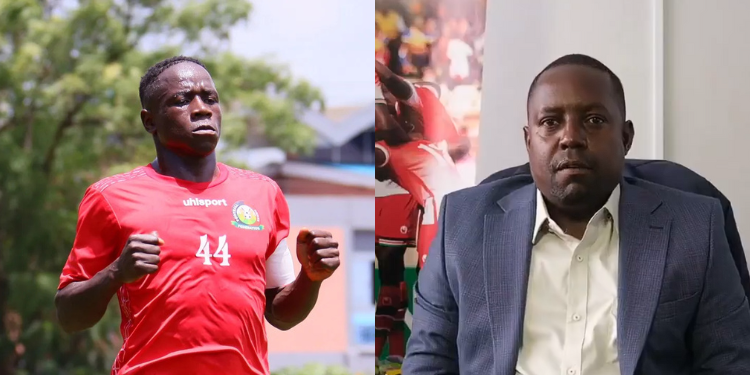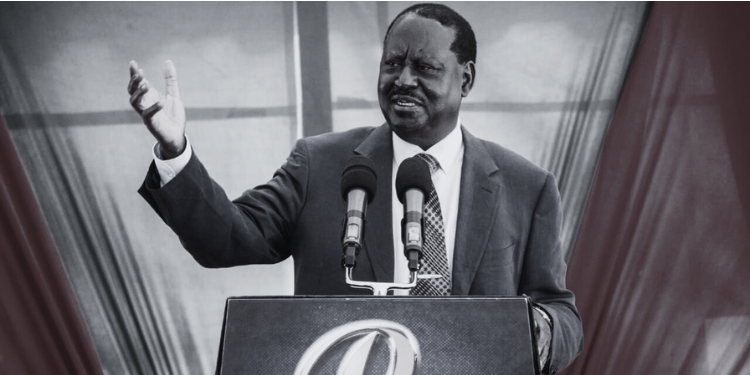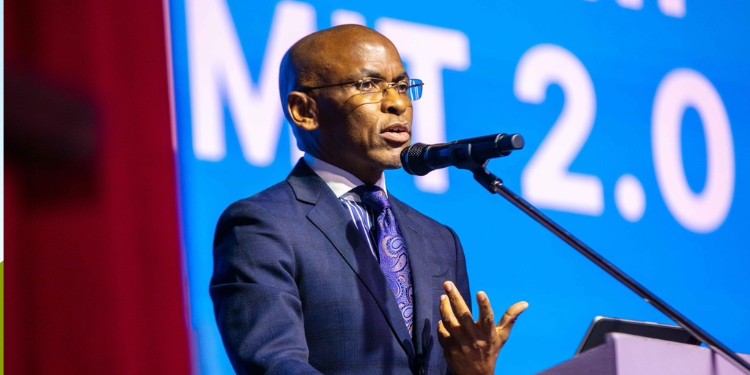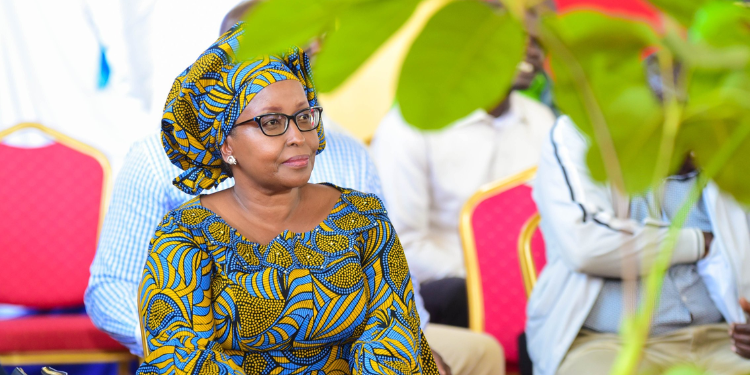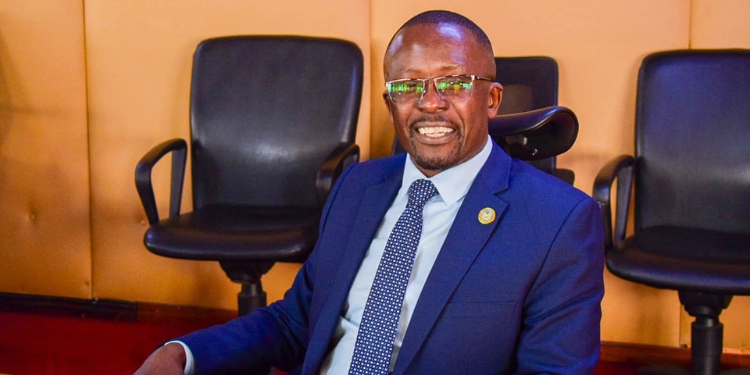It is possible to live a healthy, normal life with a single kidney, as the remaining kidney can often compensate for the loss of the other.
While there is a slightly higher risk of mild high blood pressure or protein in the urine, these conditions can usually be managed with regular check-ups and a healthy lifestyle.
Former Electoral Commission of Kenya (ECK) commissioner Felicita Churie, who served under the Samuel Kivuitu-led Commission, shared her journey with the Kenya Times about living with one kidney for 35 years after donating the other to her son, Victor Tobiko.
Former ECK Commissioner Felicita Churie Narrates Her Kidney Donation Journey
Felicita recalls that her son Tobiko was very active in sports activities, particularly in swimming, and also excelled academically.
After completing primary school at Hospital Hill Primary, he joined Jamhuri High School. However, soon after starting Form One, he began experiencing unusual symptoms.
“Tobiko was a very active and athletic boy. But when he joined Form One, he started feeling very tired, lost his appetite, and often complained of backaches. I initially thought it was because he carried heavy books,” Churie explained.
Also Read: Kenyans Reveal How They were Tricked with Ksh 50,000 in Kidney Scam
Concerned, Felicita and her husband sought medical help at a well-known Nairobi Hospital.
For two years, Tobiko was in and out of the facility, but his condition did not improve. One day, Felicita noticed her son’s eyes and feet had swollen, and he was struggling to breathe and climb stairs. Alarmed, they returned to the hospital, where blood tests finally revealed a kidney problem.
Shocked by the missed diagnosis, the family turned to Aga Khan Hospital for specialized care.
Felicita Explains What Might Have Caused Her Son’s Kidney Problem
Tests confirmed that Tobiko was losing protein in his urine, with abnormal creatinine and uric acid levels. Doctors explained that one kidney was already severely damaged and risked affecting the other.
The specialist further revealed that Tobiko’s kidney condition may have stemmed from a streptococcal infection (commonly from untreated sore throats) during childhood.
“The doctor told me my son had likely suffered a sore throat whose toxins eventually damaged his kidney. Since then, I always advise parents to take sore throats in children seriously,” Felicita said.
Also Read: Three Hospitals Targeted as Probe into Kidney Trade Takes New Twist
By Form Three, Tobiko’s condition had worsened, though he still excelled academically and later joined Kenyatta University in 1987 to study Business. However, in 1989, his health declined further, and doctors recommended a kidney transplant.
Despite being warned of a possible rejection, Felicita courageously donated one of her kidneys to save her son. The transplant was successful, and Tobiko lived with the donated kidney for 26 and a half years.
Sadly, in 2016, Tobiko fell critically ill and was admitted to Aga Khan Hospital. Within 24 hours of admission, he passed away despite the doctors’ efforts to resuscitate him.
Reflecting on her experience, Felicita stressed that kidney donation should not be feared but understood.
Follow our WhatsApp Channel and X Account for real-time news updates
